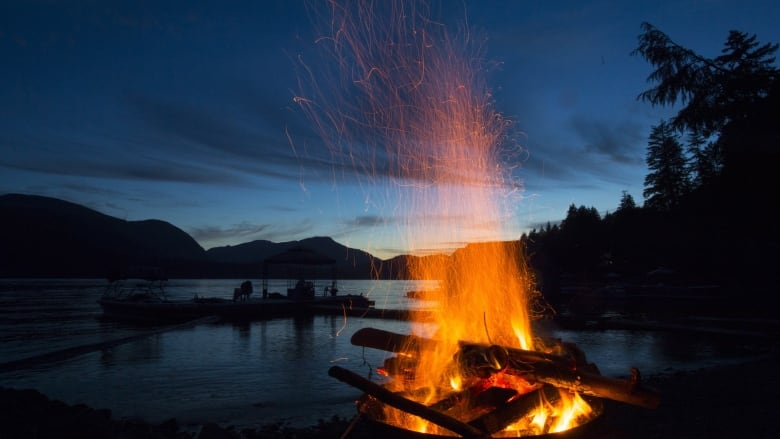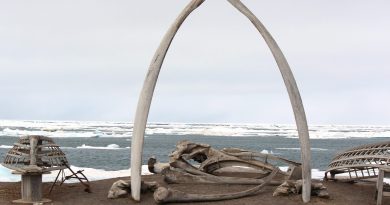Fire bans in place for Yellowknife and 4 N.W.T. parks

· CBC News
Amid high temperatures and dry conditions in the N.W.T., new fire bans are going into effect this weekend.
A ban on all outdoor fires, including fire pits, and a ban on fireworks goes into effect on Friday for Yellowknife, and a ban on open fires has gone into effect at two more territorial parks: Hay River Territorial Park and Queen Elizabeth Territorial Park outside Fort Smith,
The bans come as a heat wave ripples through the Deh Cho, South Slave, Sahtu and parts of the North Slave, with temperatures reaching 35 C in some parts of the territory.
Yellowknife Fire Chief Nelson Johnson said the ban is in an effort to keep the community safe and to help prevent wildfires.
“The fire ban is a proactive measure to reduce the risk of fires starting from campfires, bonfires or other open-sourced flames within city limits,” he said in a news statement.
The Yellowknife fire ban does not yet have an end date.
Fire bans in parks until at least July 30
The ban on open fires in both Queen Elizabeth Territorial Park and Hay River Territorial Park went into effect on Wednesday. The ban encompasses open fires and wood fires, even within approved fire pits or special devices.
Camp stoves, enclosed barbecues and propane cooking and heating devices are allowed. However, they must be placed in regulation fire pits and cannot emit a flame larger (than) a half metre high, and a half metre wide.
The fire bans in the parks are in effect until at least July 30.
The most up-to-date list of territorial parks with fire bans is available on N.W.T. Parks website. As of publication, fire bans are also in effect for Little Buffalo Crossing Territorial Park and Little Buffalo Falls Territorial Park.
Related stories from around the North:
Canada: Yukon River Quest paddling race cut short because of wildfires, CBC News



